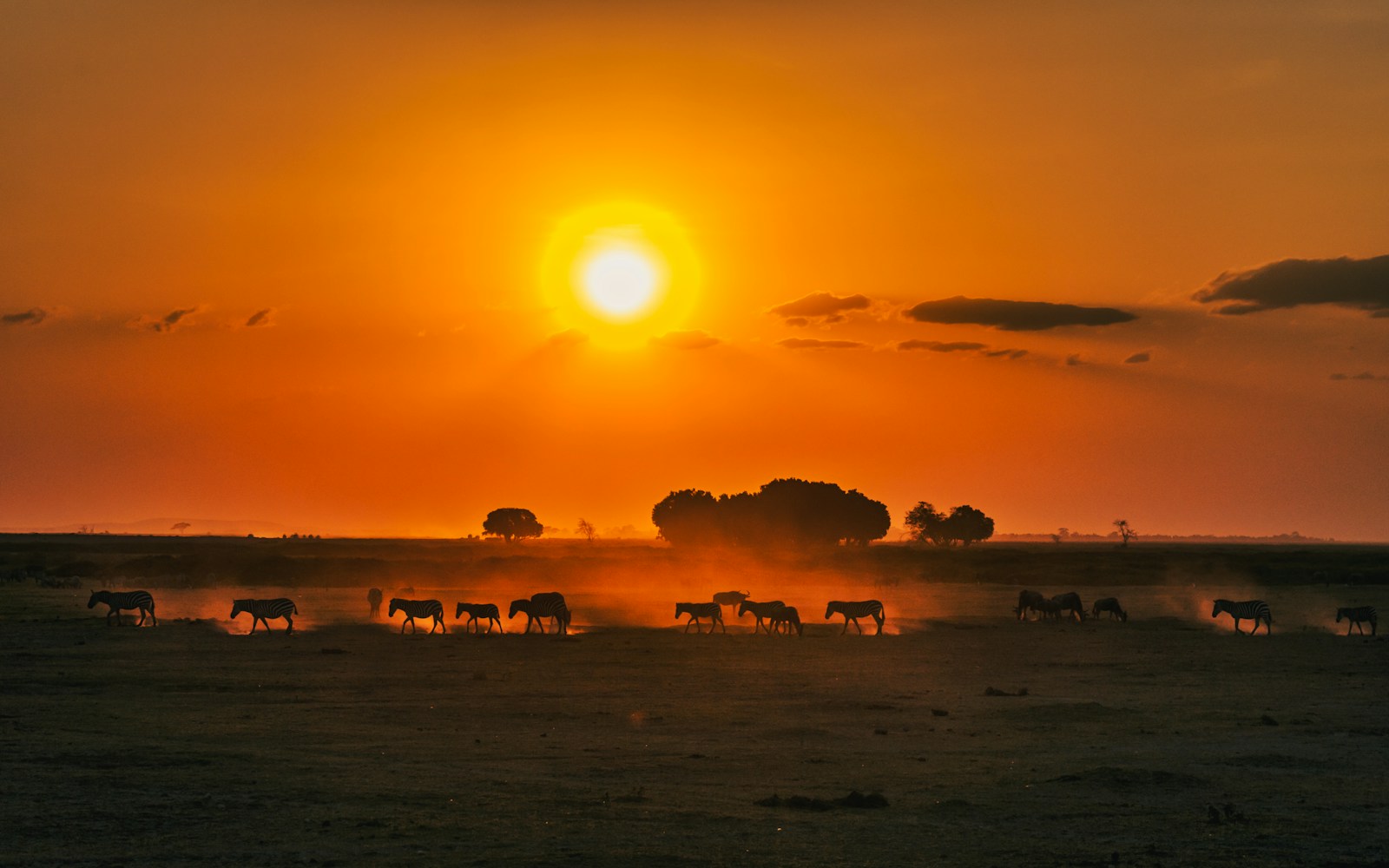South Africa’s G20 Leadership: A Crucial Opportunity to Confront Escalating Climate Crises
As climate-related disasters grow more severe and frequent, the urgency for global climate leadership has never been greater. Floods, droughts, wildfires, and heatwaves are devastating communities across continents, pushing millions toward poverty and food insecurity. The science is irrefutable: the world is heating rapidly, and we are running out of time. In this high-stakes context, South Africa’s upcoming presidency of the G20 in 2025 offers a historic opportunity to set a bold, action-driven agenda focused on climate justice, resilience, and sustainable development.
A Defining Moment for Africa and the Global South
South Africa’s leadership role in the G20 marks a crucial shift. As the first African nation to preside over the group of the world’s major economies, the country carries the responsibility, and the opportunity, to represent the voices of nations that are often left out of the climate conversation. While many African countries contribute the least to global emissions, they are among the hardest hit by climate change. This presidency is a chance to change that dynamic and push for equity in climate policy.
Why the G20 Matters in the Climate Crisis
The G20 nations collectively account for around 80% of global carbon emissions and more than 85% of the world’s GDP. Their policies, investments, and commitments hold immense sway over the future of the planet. If these nations commit to genuine climate action, the world has a fighting chance. If they delay, the consequences will be catastrophic.
Here are six strategic ways South Africa can use its G20 presidency to drive impactful and urgent climate action:
1. Prioritize Climate Finance for the Most Vulnerable
Developing nations urgently need financial support to adapt to climate shocks and transition to low-carbon economies. South Africa can push for the fulfillment, and expansion, of existing climate finance pledges from wealthier countries. This includes not just grants and loans, but also innovative financing tools such as debt-for-climate swaps and risk-sharing mechanisms. Financial equity must become a cornerstone of the G20 climate strategy.
2. Champion a Just Energy Transition
As a country undergoing its own transition away from coal, South Africa is well-positioned to lead conversations on energy justice. G20 members must acknowledge the complexities of moving away from fossil fuels while ensuring that workers, communities, and economies are protected. South Africa can advocate for investment in green jobs, skills development, and inclusive policies that avoid repeating the mistakes of the fossil-fuel era.
3. Elevate the Role of Nature-Based Solutions
Restoring ecosystems such as forests, wetlands, and grasslands can provide powerful buffers against climate extremes while absorbing carbon. South Africa can steer G20 discussions toward valuing and funding nature-based solutions. These approaches not only help address climate change but also preserve biodiversity and support rural livelihoods.
4. Push for Stronger Climate Accountability Mechanisms
Ambitious targets are meaningless without robust monitoring and enforcement. South Africa should call for the creation of a transparent system to track G20 members’ climate progress. This would include annual reviews, public disclosure of emissions data, and clear consequences for failing to meet commitments. Accountability will separate rhetoric from reality.
5. Center Adaptation as Urgently as Mitigation
While reducing emissions is essential, millions across the Global South are already facing the impacts of a warming planet. South Africa can insist on equal attention to adaptation, building resilient infrastructure, strengthening disaster response systems, and protecting food and water security. Adaptation must no longer be treated as secondary; it is a frontline defense.
6. Foster Global Solidarity Through Climate Diplomacy
In a world fragmented by geopolitical rivalries and unequal development, climate diplomacy offers a path toward collaboration. South Africa can use its unique position to bridge divides between North and South, rich and poor, polluters and victims. It can host climate summits, facilitate negotiations, and encourage inclusive dialogue that brings all voices to the table, not just the most powerful.
Bridging the Gap Between Words and Action
Climate change is not a future problem, it is a present emergency. From deadly floods in Asia to scorching droughts in southern Africa, the toll is growing. The G20, under South Africa’s guidance, must confront this reality with the urgency it demands. That means putting aside political hesitations, rejecting greenwashing, and embracing bold, enforceable policies.
South Africa’s own journey, from apartheid to democracy, and now from coal to clean energy, offers lessons in resilience, transformation, and moral leadership. These lessons can guide the world in a time of ecological breakdown. The G20 presidency is not just a diplomatic role; it is a leadership test, one that could help determine whether the world can unite in time to avoid the worst consequences of climate collapse.
Conclusion: Leading With Vision in a Warming World
As climate disasters intensify across continents, the world needs leaders who are willing to rise above politics and act in the interest of all humanity. South Africa’s G20 presidency in 2025 represents more than a symbolic achievement—it is a real opportunity to shape the global response to climate change. By pushing for climate finance, accountability, adaptation, and justice, South Africa can help ensure that this moment is not just another diplomatic gathering, but a turning point in the fight for our collective future.
The world is watching. The time to lead is now.
For more news: africaciviclens.com




